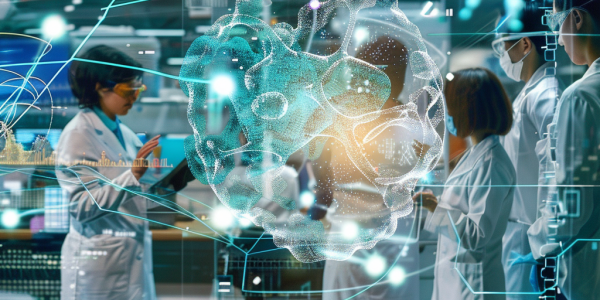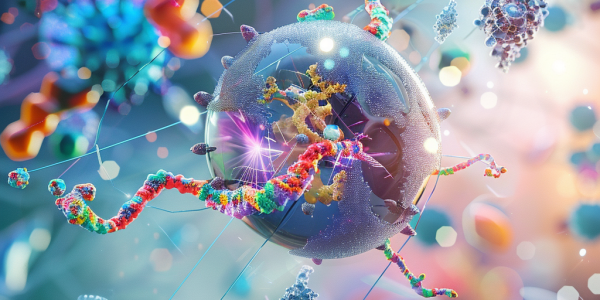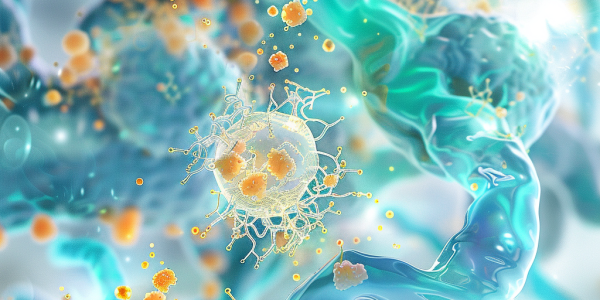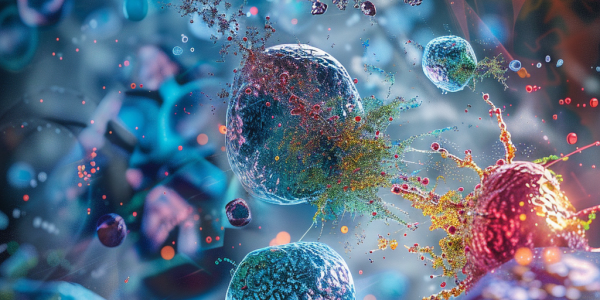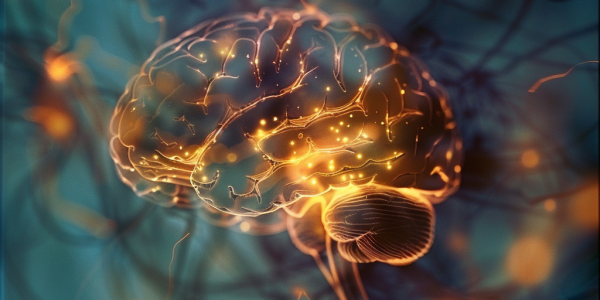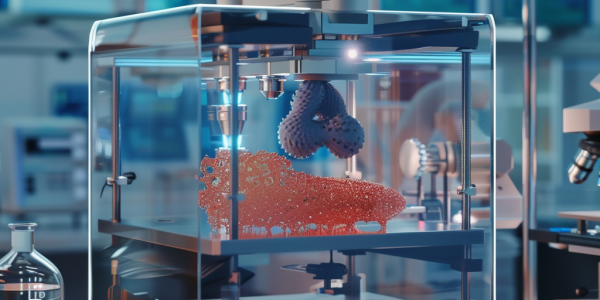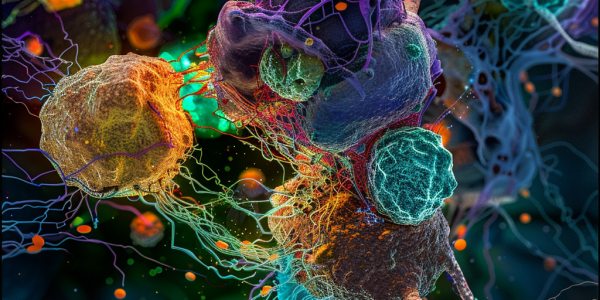CZI’s AI Initiatives Transform Biomedical Research and Education in 2024
In 2024, the Chan Zuckerberg Initiative (CZI) has made significant strides in integrating artificial intelligence (AI) into biomedical research and education. By building advanced computing systems and AI-powered virtual cell models, CZI is accelerating scientific discovery and enhancing educational tools for teachers. This collaborative approach is set to unlock groundbreaking insights into cellular behavior and revolutionize the understanding of health and disease.
MIT Researchers Unveil Breakthrough in Metabolic Imaging Techniques
A groundbreaking study from MIT introduces a novel metabolic imaging technique that significantly enhances penetration depth, allowing for clearer and more detailed visualization of living tissues. This innovative approach accelerates imaging processes and eliminates the need for tissue preprocessing, paving the way for advancements in cancer research, drug discovery, and more.
New Framework Aims to Streamline Biodiversity Credit Markets for Conservation
Ecologists have introduced a groundbreaking framework to enhance biodiversity credit markets, addressing the complexities of defining ‘units of nature.’ With a $700 billion annual funding gap to combat biodiversity loss, the urgency for businesses to engage in nature recovery has intensified. This new analysis, published in the Proceedings of the Royal Society B, highlights the need for standardized measurements in biodiversity credits and aims to create effective compensatory mechanisms for genuine ecological preservation.
Groundbreaking Study Advances Gene Therapy with Engineered Virus-Like Particles
A groundbreaking study published in ACS Nano reveals how researchers at the National Physical Laboratory, in collaboration with IBM and STFC, have developed artificial virus-like particles (virions) for targeted genetic delivery. This innovative approach promises advancements in gene therapy and personalized medicine, addressing drug delivery challenges while potentially offering new antibiotic alternatives. Learn more about the implications of this research for the future of biotechnology and healthcare.
Japanese Researchers Develop Innovative Reporter Protein to Study Protein Biogenesis
Researchers in Japan have developed a groundbreaking reporter protein to study protein biogenesis at the endoplasmic reticulum (ER). This innovative technique enables real-time monitoring of secretory protein production, crucial for understanding diseases linked to protein misfolding and ER stress. By targeting the ER with a modified firefly luciferase, scientists can visualize protein behavior and investigate the impacts of inhibiting key enzymes like Ero1α. This advancement promises to enhance diagnostic tools and therapeutic strategies for various health conditions.
Cornell Study Reveals Insights into Muscle Regeneration and Aging
Cornell University engineers have revealed new insights into muscle regeneration and aging, highlighting how immune cell interactions and stem cell states change over time. Their study, published in Nature Aging, identifies critical factors affecting muscle repair in older mice, paving the way for potential therapies to combat age-related muscle degeneration.
Study Reveals Neurogenesis’s Key Role in Cognitive Functions and Epilepsy
A groundbreaking study published in Cell Stem Cell reveals the crucial role of neurogenesis in adult brains, particularly its impact on verbal learning and memory. Conducted by researchers at USC, the study highlights how generating new neurons can mitigate cognitive decline, especially in patients with drug-resistant epilepsy. The findings suggest that enhancing neurogenesis may lead to innovative therapeutic strategies for improving cognitive functions in adults suffering from epilepsy and related disorders.
Penn State Researchers Unveil Revolutionary HITS-Bio Bioprinting System
Penn State University researchers have launched the High-throughput Integrated Tissue Fabrication System for Bioprinting (HITS-Bio), a groundbreaking technology that produces functional biological tissues ten times faster than traditional methods. Utilizing cell clusters known as spheroids, HITS-Bio ensures high cell viability while enabling rapid assembly of complex tissue structures. This innovative system promises to revolutionize regenerative medicine, with potential applications in organ transplantation and advanced therapeutic interventions.
Study Reveals Single Cells Can Learn from Their Environment
Recent research from the Centre for Genomic Regulation and Harvard Medical School reveals that single cells can learn from their environments, challenging traditional views on cellular behavior. Published in Current Biology, the study highlights how cells exhibit basic decision-making abilities through habituation, suggesting they utilize molecular networks similar to neuronal systems. This groundbreaking discovery could have significant implications for understanding diseases and developing new medical treatments.
Engineered Proteins Enable Rapid Detection of Toxins for First Responders
Biochemists at the University of Wisconsin-Madison have developed innovative proteins that can detect harmful chemicals and toxins in minutes, enhancing safety for soldiers and first responders. This groundbreaking technology, known as Sensor-seq, allows for rapid identification of substances like narcotics and opioids, revolutionizing emergency response and public safety.

